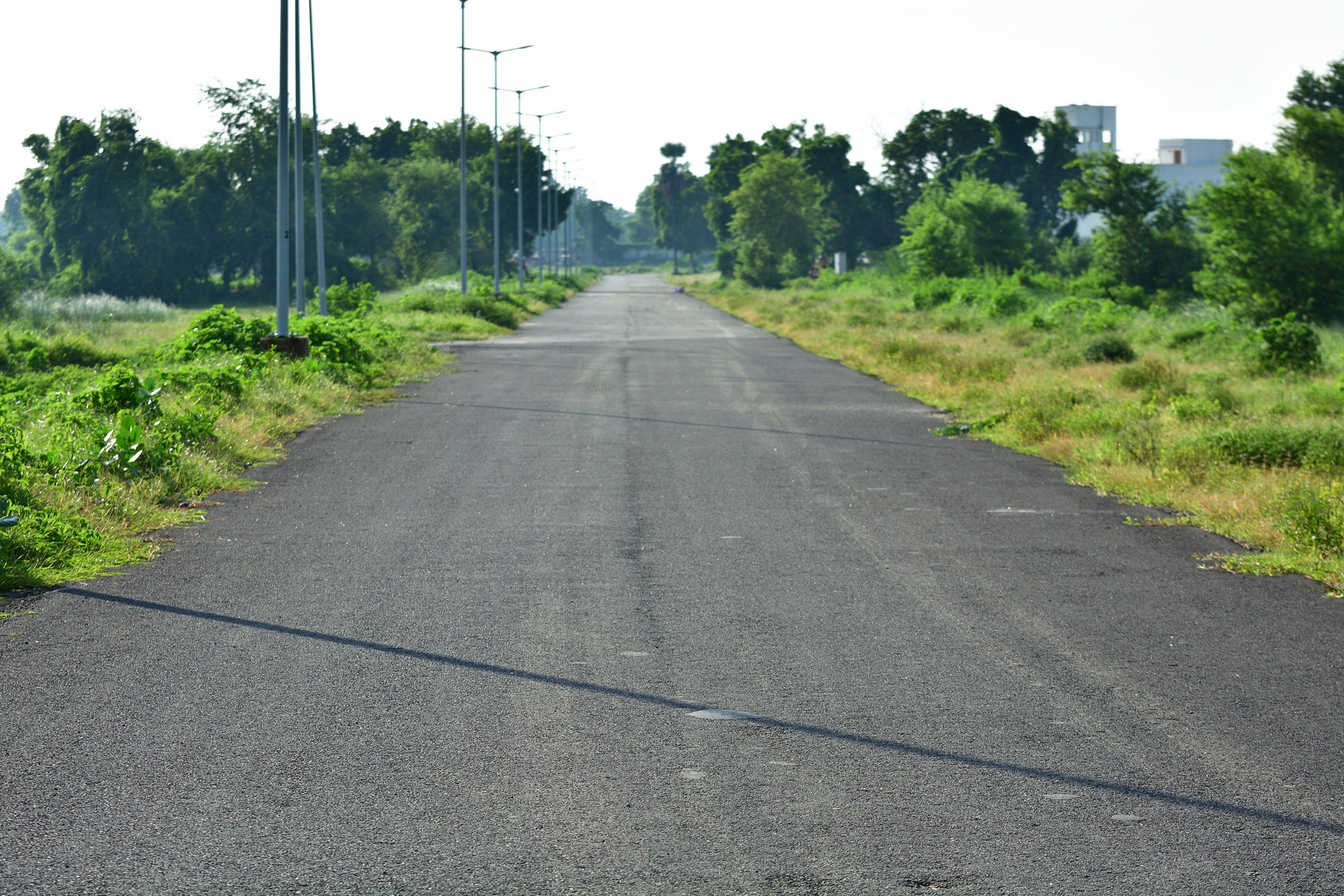APR 2021 evaluates how the GEF portfolio performed under the pressures of COVID-19 while also incorporating evidence from the OPS7 cohort of 608 recently completed projects.
The report shows that the pandemic disrupted nearly nine in ten projects under implementation in 2020, exposing weaknesses in design and monitoring while also highlighting examples of resilience. The inclusion of OPS7 projects allows assessment of whether newer approaches are achieving stronger outcomes and sustainability compared to earlier cohorts.
Sixty-three percent of all completed projects are rated in the likely range for sustainability of outcomes at project completion.


Evaluation overview
- Projects with weak monitoring, fragile financing, or unrealistic objectives faced greater delays and higher risks to sustainability during the pandemic.
- Adaptive management, strong stakeholder engagement, and alignment with country priorities enabled projects to sustain results or regain momentum despite disruptions.
- The report recommends strengthening project design and monitoring frameworks, improving alignment with country capacities, and embedding stakeholder engagement more consistently.
Methodology
The evaluation reviewed 1,806 completed projects, including 608 in the OPS7 cohort, and draws on validated terminal evaluations, portfolio analysis, and a qualitative review of 75 projects to identify lessons for future programming.











